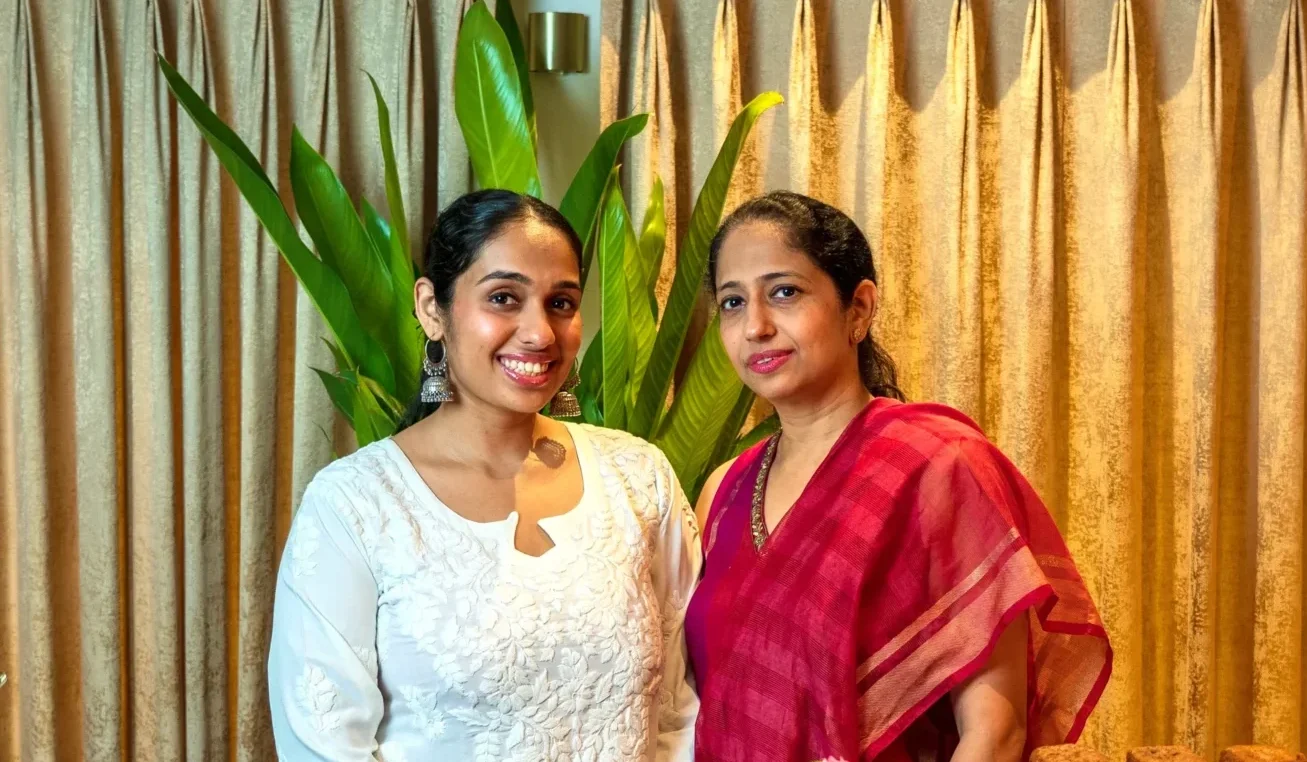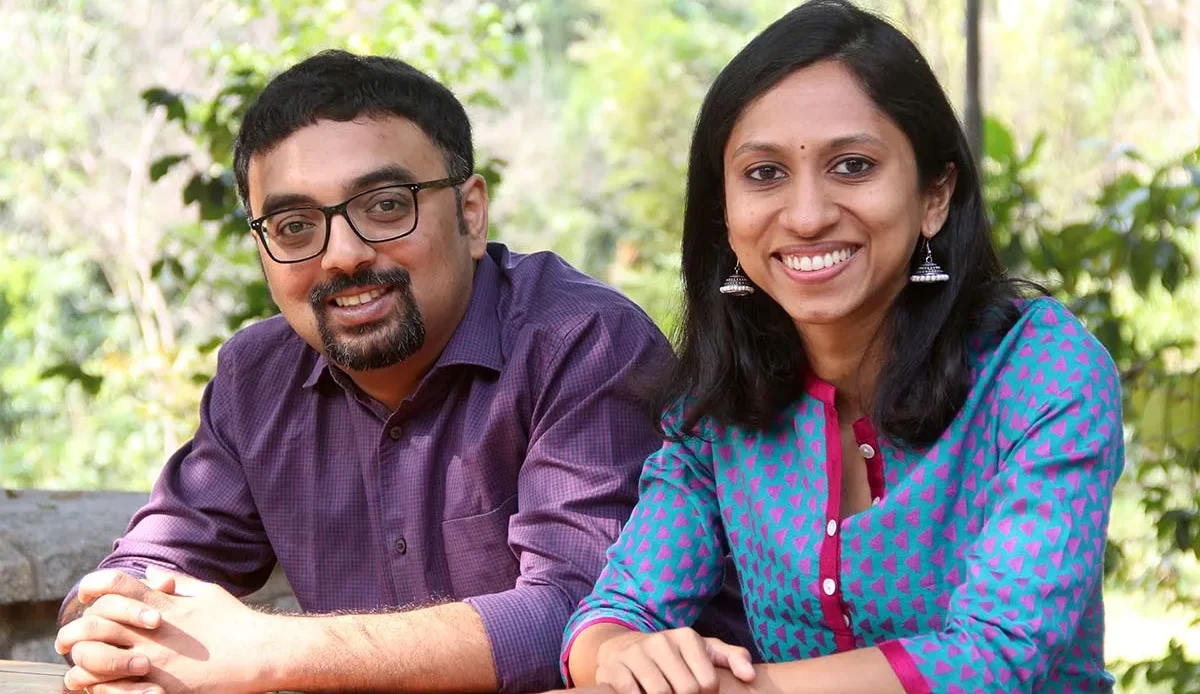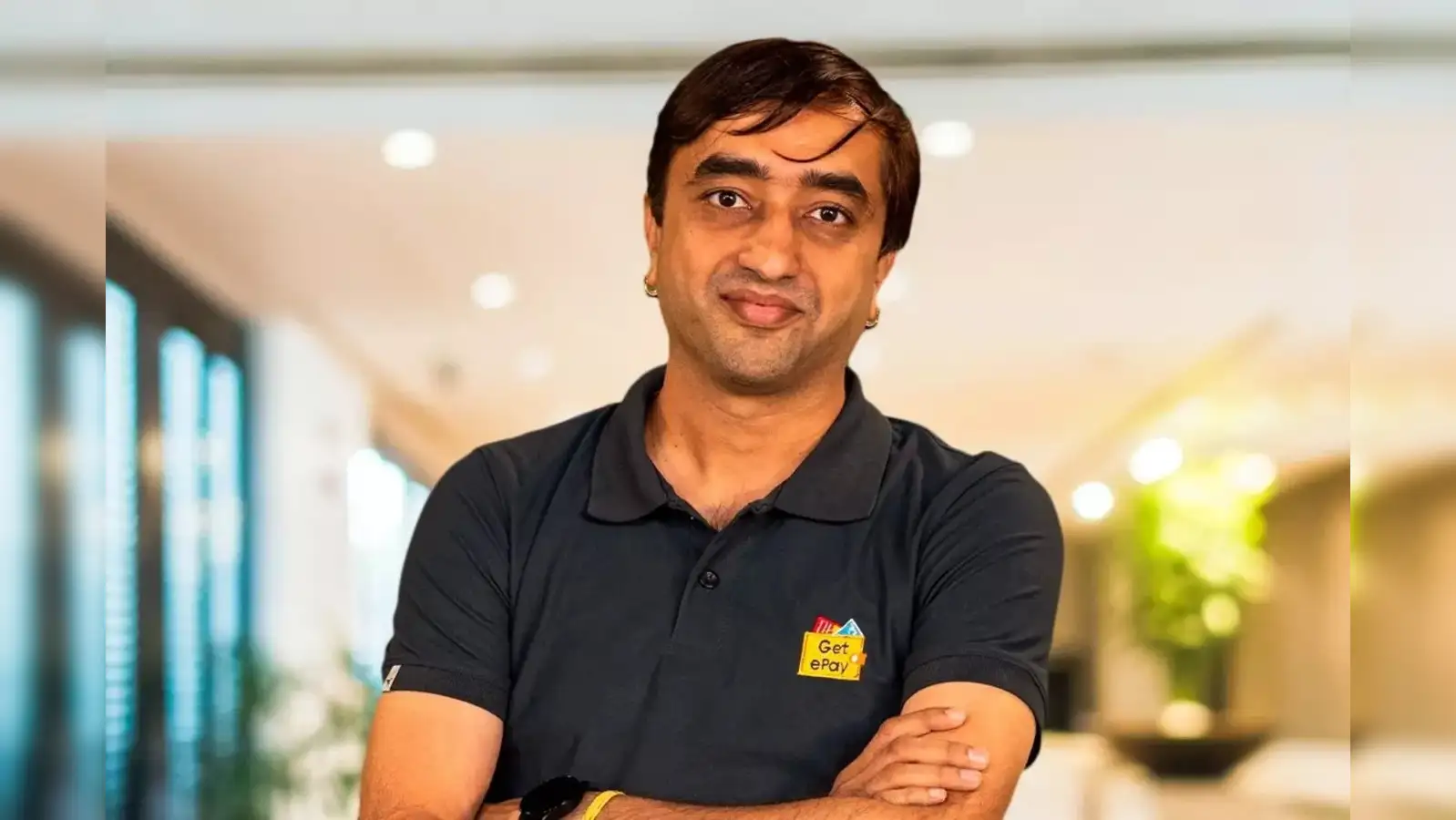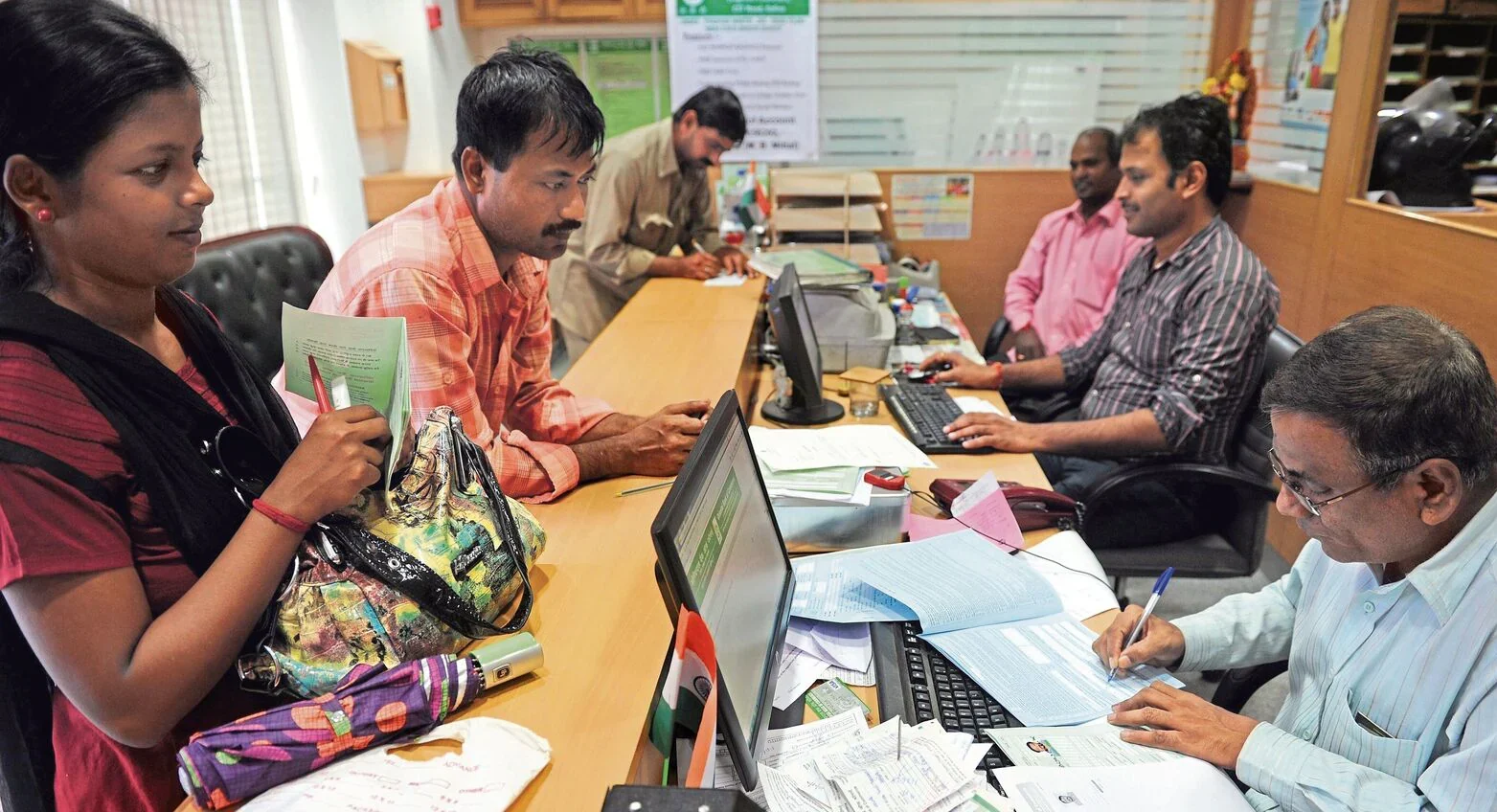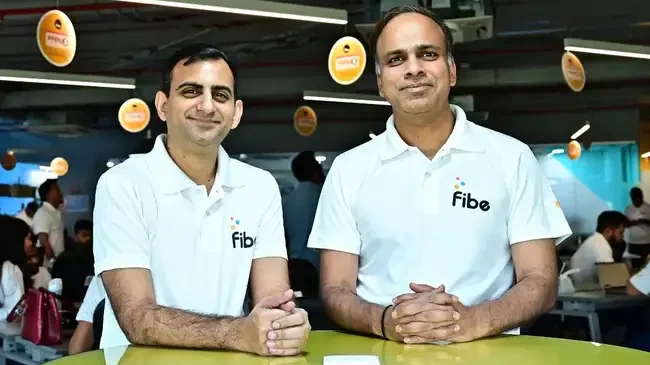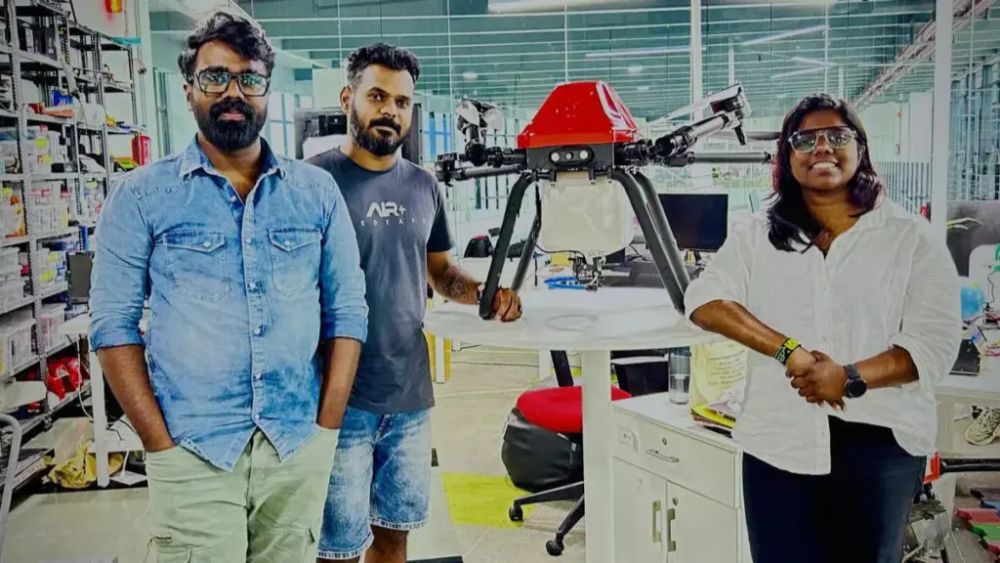In a striking and deeply personal LinkedIn post that has caught the attention of India’s startup and investor communities alike, Harsh Pokharna, CEO and co-founder of OkCredit, laid bare the financial struggles he endured even after raising a ₹120 crore Series A round in 2019. His viral post calls out a systemic issue: the deliberate financial insecurity founders face despite securing venture capital.
“Even after raising ₹120 crore Series A for OkCredit, I was broke. I was living paycheck to paycheck, had no savings, and was still worrying about rent in Bangalore,” Pokharna revealed.
This revelation comes from a founder at the helm of a YC-backed, fintech platform that digitized credit ledgers for small merchants and attracted significant investor interest. Yet, Pokharna’s candid account strikes at a paradox many in India’s startup ecosystem have quietly acknowledged but rarely addressed in public forums: founders often raise millions for their startups but live like they’re still in college.
VCs Keeping Founders “Hungry”?
In his post, Pokharna doesn’t just reflect he indicts, “VCs want founders to stay poor,” he claims, explaining that a financially secure founder is “dangerous” one who can say no, walk away, or build on their own terms.
He highlights the stark hypocrisy in how investor risk appetite shifts depending on the founder’s profile. While first-time or lesser-known founders are denied even modest personal liquidity citing concerns over “losing hunger,” seasoned entrepreneurs with beach houses are flooded with fresh capital.
A Widespread Pattern
Pokharna’s account isn’t isolated. Founders across sectors, from edtech to healthtech—have quietly admitted to facing similar dilemmas. While startups may secure multi-crore valuations, the people driving them often defer salaries, dip into personal loans, or depend on family support, all to keep the company afloat during its early stages.
Investor reluctance to allow secondary sales (where founders cash out a portion of their equity) or reasonable salary increases has long been justified by the “skin in the game” argument. Pokharna now flips that script arguing that some financial breathing room doesn’t dilute ambition; it empowers bold decision-making.
Reactions from the Ecosystem on Harsh Pokharna’s Post
The post has garnered support from founders, angel investors, and startup workers. A founder of a SaaS startup commented, “I raised seed money, but my co-founder and I shared a 1BHK. We didn’t want our investors thinking we were getting ‘comfortable’.”
Meanwhile, a venture capitalist who preferred anonymity said, “There’s merit to what Harsh is saying, but it’s also about timing. Personal liquidity too early can send the wrong signal to future investors.”
Still, the post has opened a fresh dialogue about mental health, risk-taking, and sustainability in entrepreneurship. Is perpetual financial anxiety a rite of passage or an outdated, exploitative expectation?
“Founders Are Human Too“
Pokharna concludes his post with a call for change:
“The truth is a little financial security doesn’t make founders weak. It makes them fearless.”
It’s a sentiment increasingly echoed in the post-pandemic era, where work-life balance, mental health, and sustainability aren’t just buzzwords but real priorities, even in the high-burn world of startups.
As the Indian startup ecosystem matures, Pokharna’s words may serve as a watershed moment urging investors to revisit how they support, not just scale, the very people turning ideas into impact.










